Considering we spend a third of our lives doing it, sleep sure is mysterious. We don’t remember most of the time we spend doing it, and we spend a lot of our waking lives passing around information — and misinformation — about how to do it better.
Here are 11 of the most pervasive, misleading myths about sleep. It’s time to put them to bed.
Myth: You’re a “good sleeper” if you can fall asleep anywhere
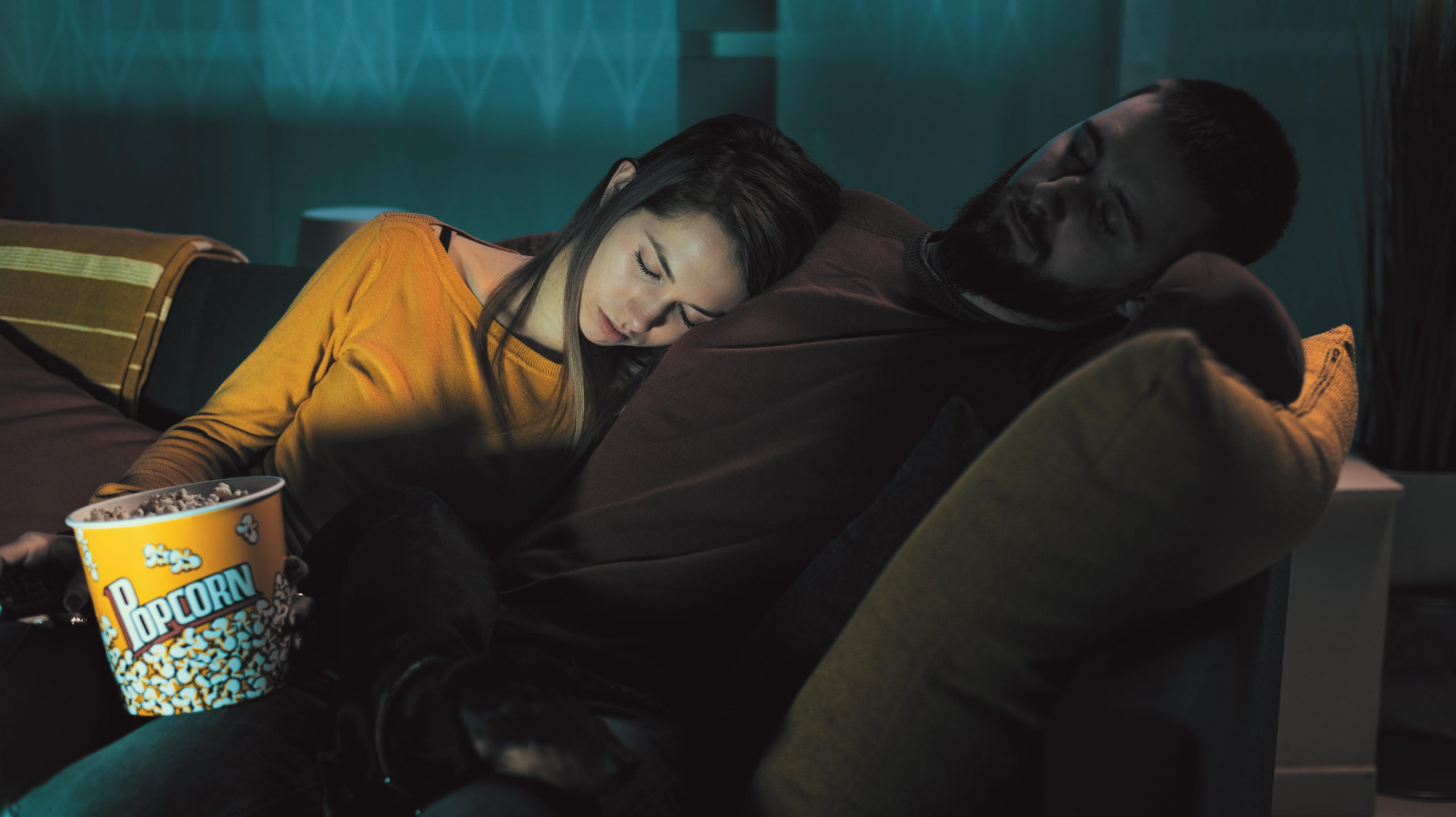
Falling asleep anywhere isn’t a good thing. If you get a good amount of sleep on a regular basis and keep to a schedule that matches your circadian rhythms, you simply won’t feel tired every time the lights dim for a movie or the yoga instructor has you do some relaxing savasana. If you’re falling asleep during the day, it’s time to get more sleep at night.
Myth: Everybody snores
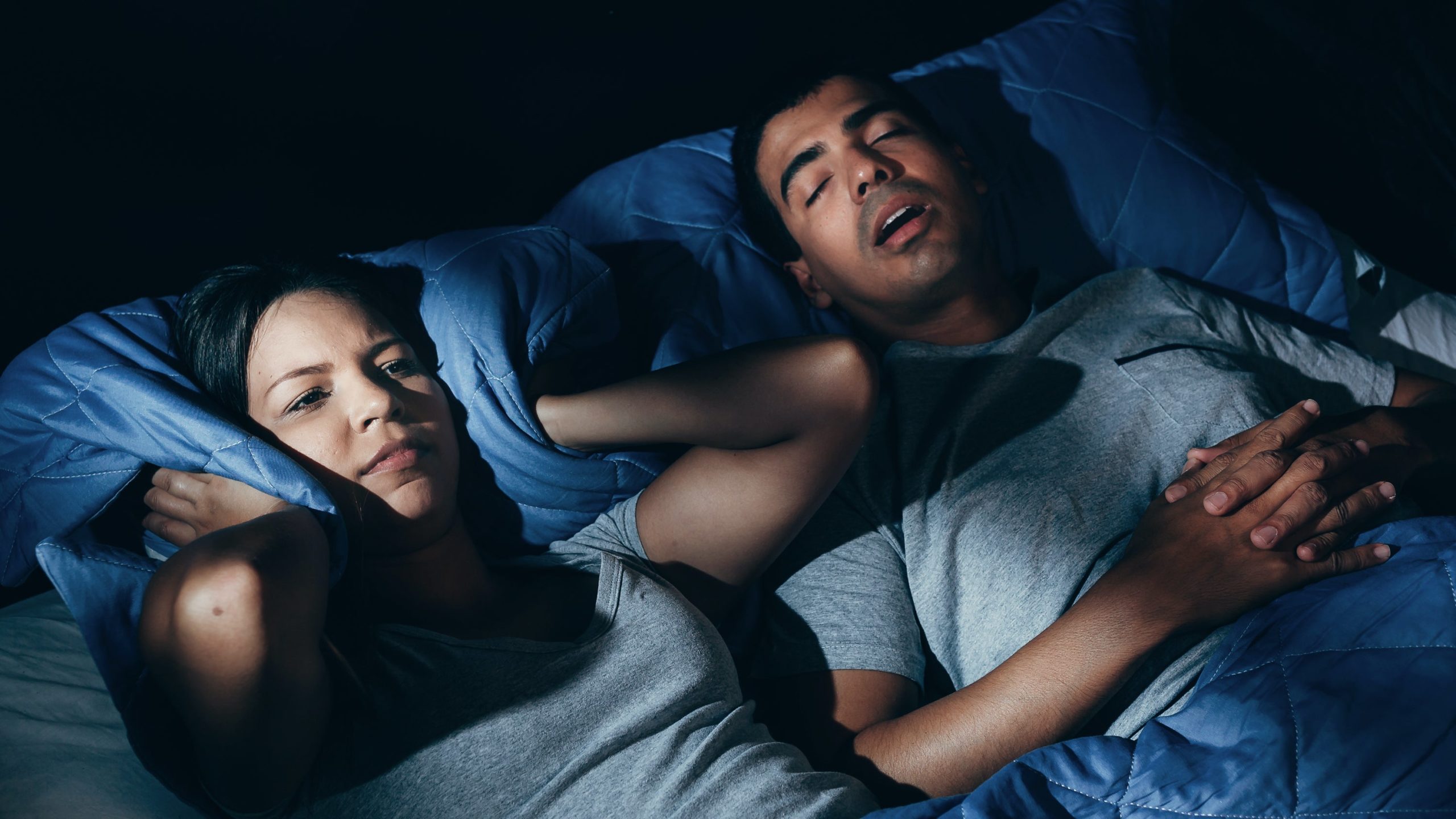
Occasional light snoring? Sure, who hasn’t? But if we’re talking habitual, house-shaking snores, that’s not normal. The Sleep Foundation says it’s worth talking to a doctor or sleep professional if you snore more than three nights a week, or if it’s particularly loud or sounds like gasping, choking, or snorting. In that case it could be a sign of obstructive sleep apnea, especially if it’s accompanied by daytime sleepiness or fatigue.
Myth: Alcohol helps you sleep

A nightcap may make you feel sleepy, but there’s another side to that coin: alcohol tends to disrupt your sleep. You’ll experience less REM sleep, and studies suggest your body won’t produce as much growth hormone as usual if you’ve had alcohol before bed. So even if you get a full eight hours, you probably won’t be as well-rested as if you had skipped the nightcap before bed.
Myth: You can get used to sleeping five hours a night if you really put your mind to it

This is one of those lies that sleep-deprived people love to tell themselves. Most adults need between seven and nine hours of sleep per night, with a bit of variation — so there are probably a few healthy five-hour sleepers out there. But they would have to be rare, and there’s no evidence to suggest that people can will themselves to need less sleep. People who say they routinely sleep less than the guidelines are usually lying, mistaken, or simply sleep-deprived.
Myth: Blue-blocking glasses or screen covers make it ok to use screens before bed
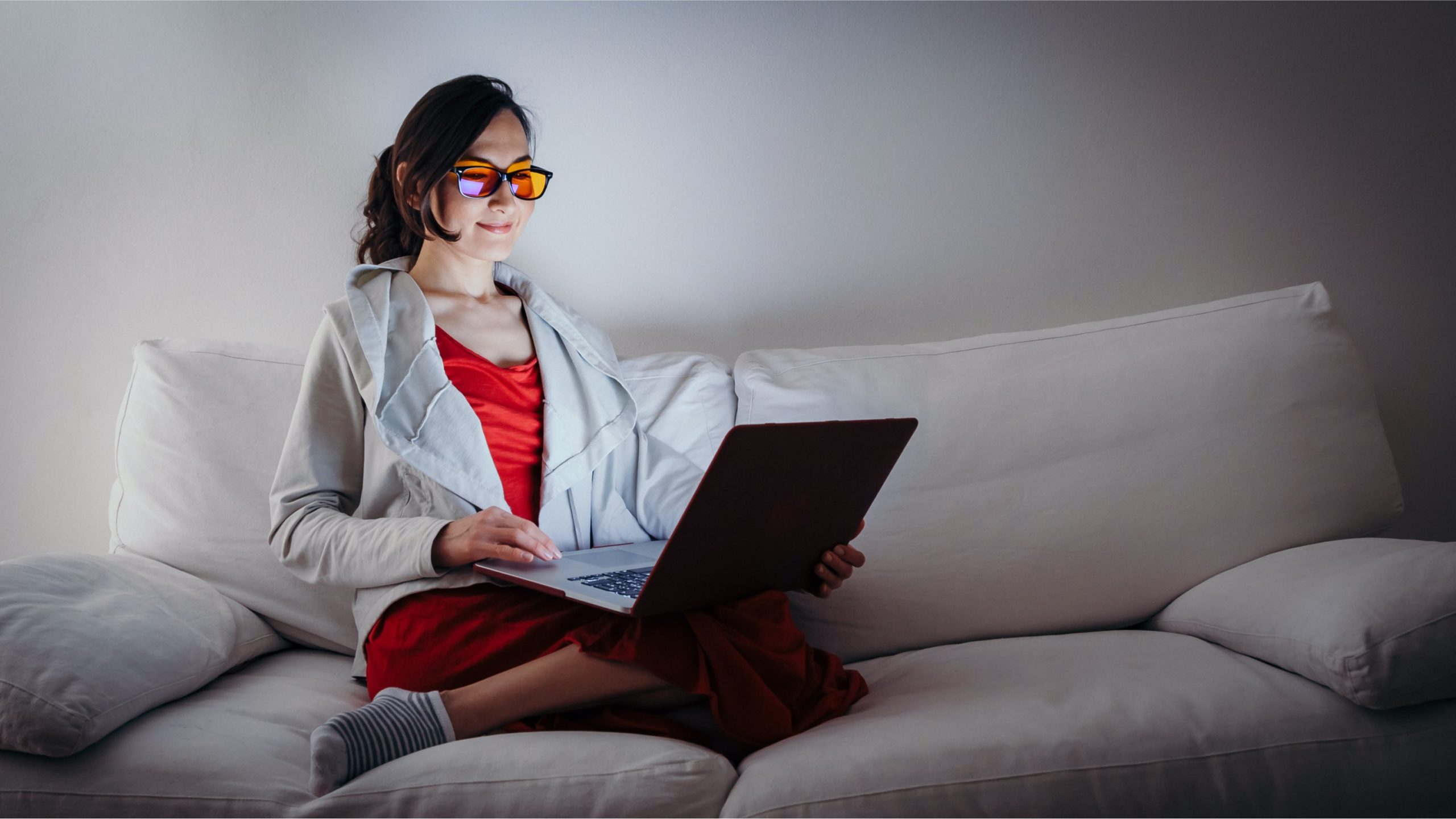
Exposing your eyes to light right before bedtime may mess with the part of your brain that helps you understand that it’s nighttime, so a standard recommendation for better sleep is to put the screens away. Blue light is part of why screens are more disruptive than the light from the lamp on your nightstand, but blue-blocking glasses or screen coverings don’t make screens ok; they actually block very little blue light.
Myth: Evening exercise makes it harder to sleep
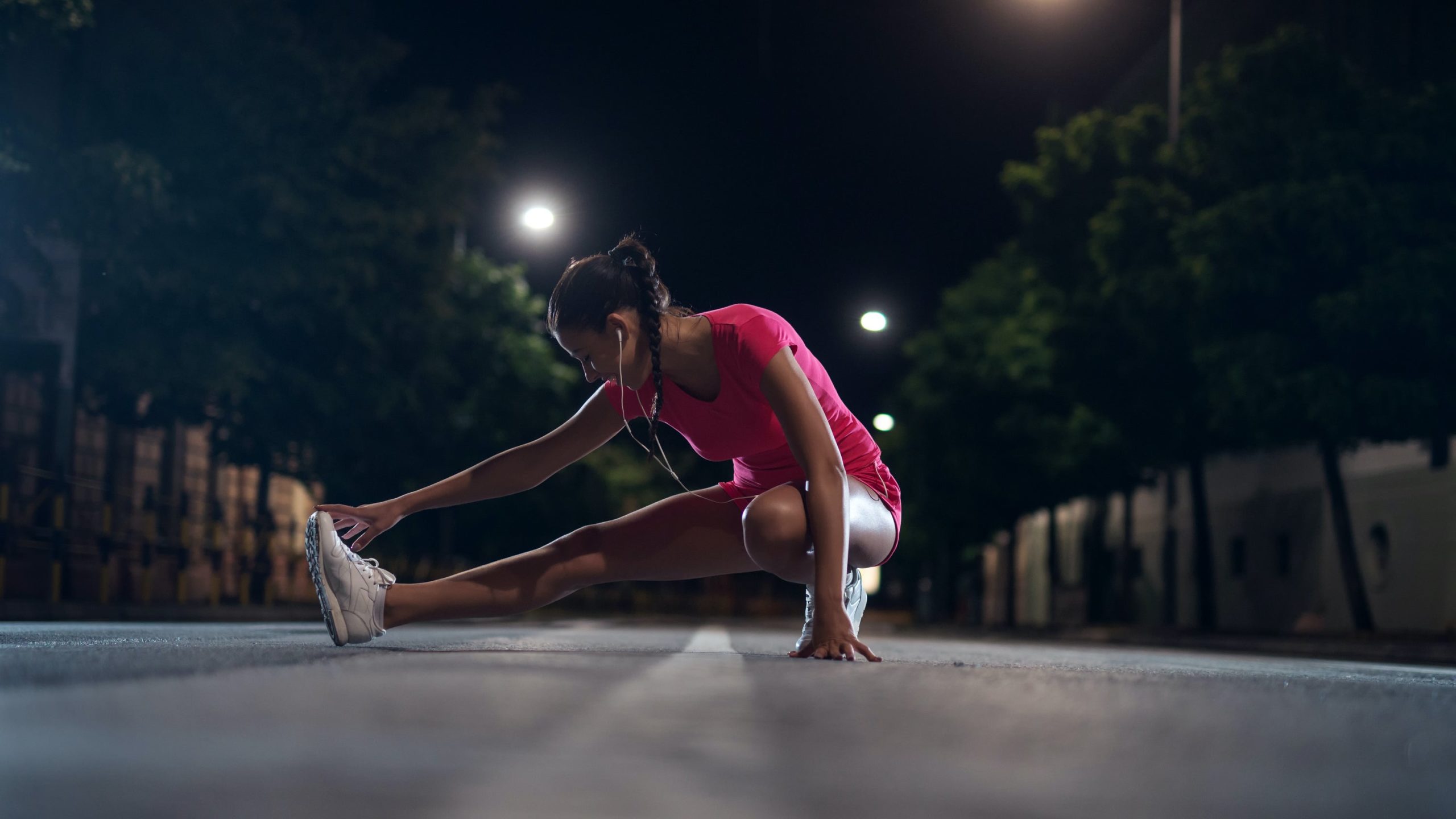
You may have noticed that it’s harder to sleep after an evening workout. But that’s not necessarily because of the evening workout. Exercise tends to improve your sleep quality, after all. The culprit may actually be what happens during the rest of your evening routine: Our body takes clues about when it’s time to sleep from our meal schedule, so that post-workout meal or shake may be what’s making it harder to get to bed on time.
Myth: Some people never dream

We tend to have four to six dreams each night, and forget them all by the time we wake up. (Although REM sleep is considered the stage where dreams happen, we also experience some dreamlike brain activity in all the stages of sleep.) Our brains are just really good at erasing dreams by morning, so unless you were woken up during a dream, chances are you had a bunch and just don’t know it.
Myth: Teens wouldn’t be so tired if they’d stop staying up so late
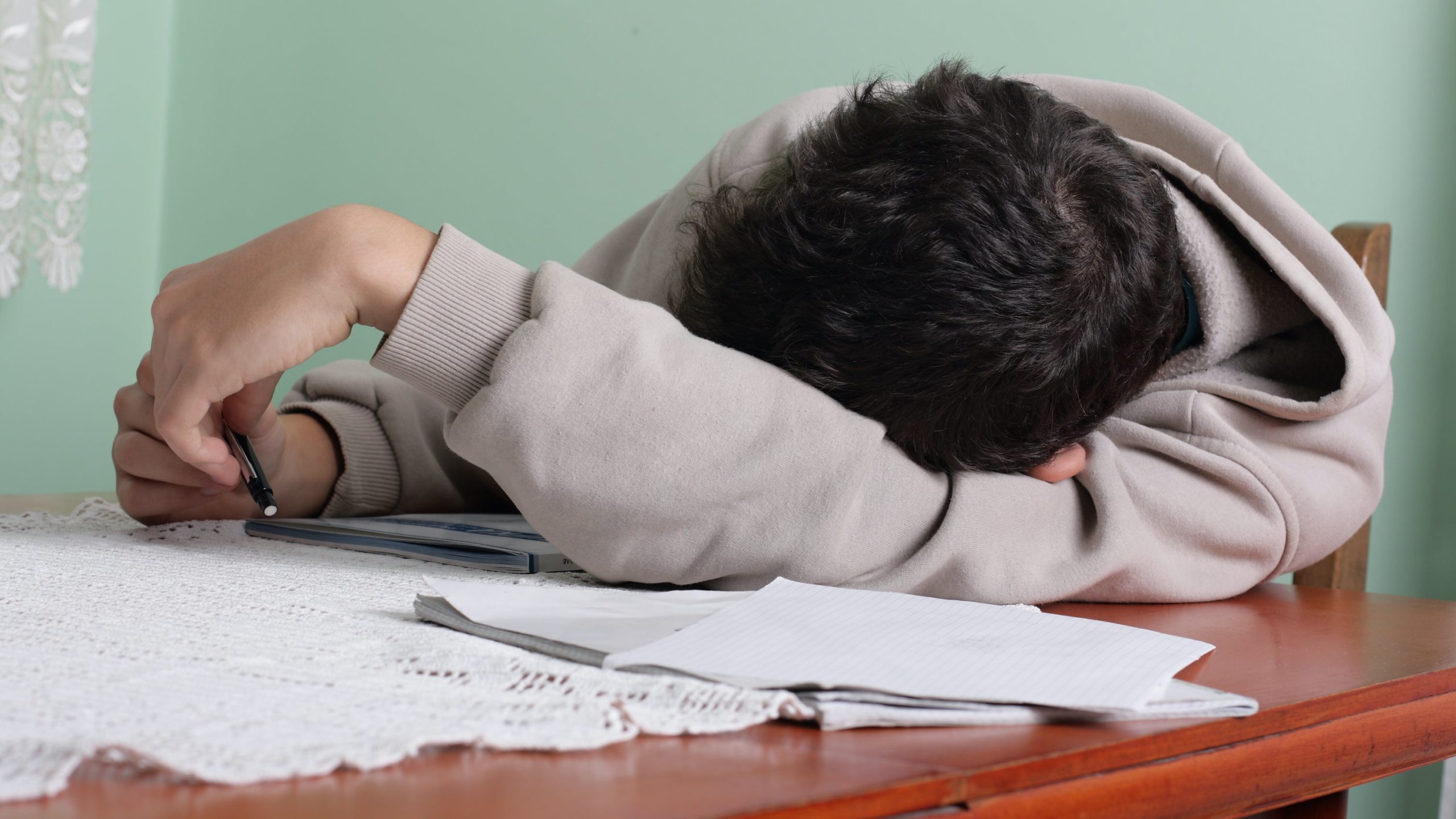
Maybe teens do stay up too late, but they’re in a stage of development where two things are simultaneously true: they need a lot of sleep, and their biological clock has shifted them in the direction of being a night owl. The American Academy of Pediatrics has pointed out that simply not making teens wake up so damn early helps them to get more sleep and is better for their mental and physical health than telling them they shouldn’t stay out so late.
Myth: It’s dangerous to wake a sleepwalker
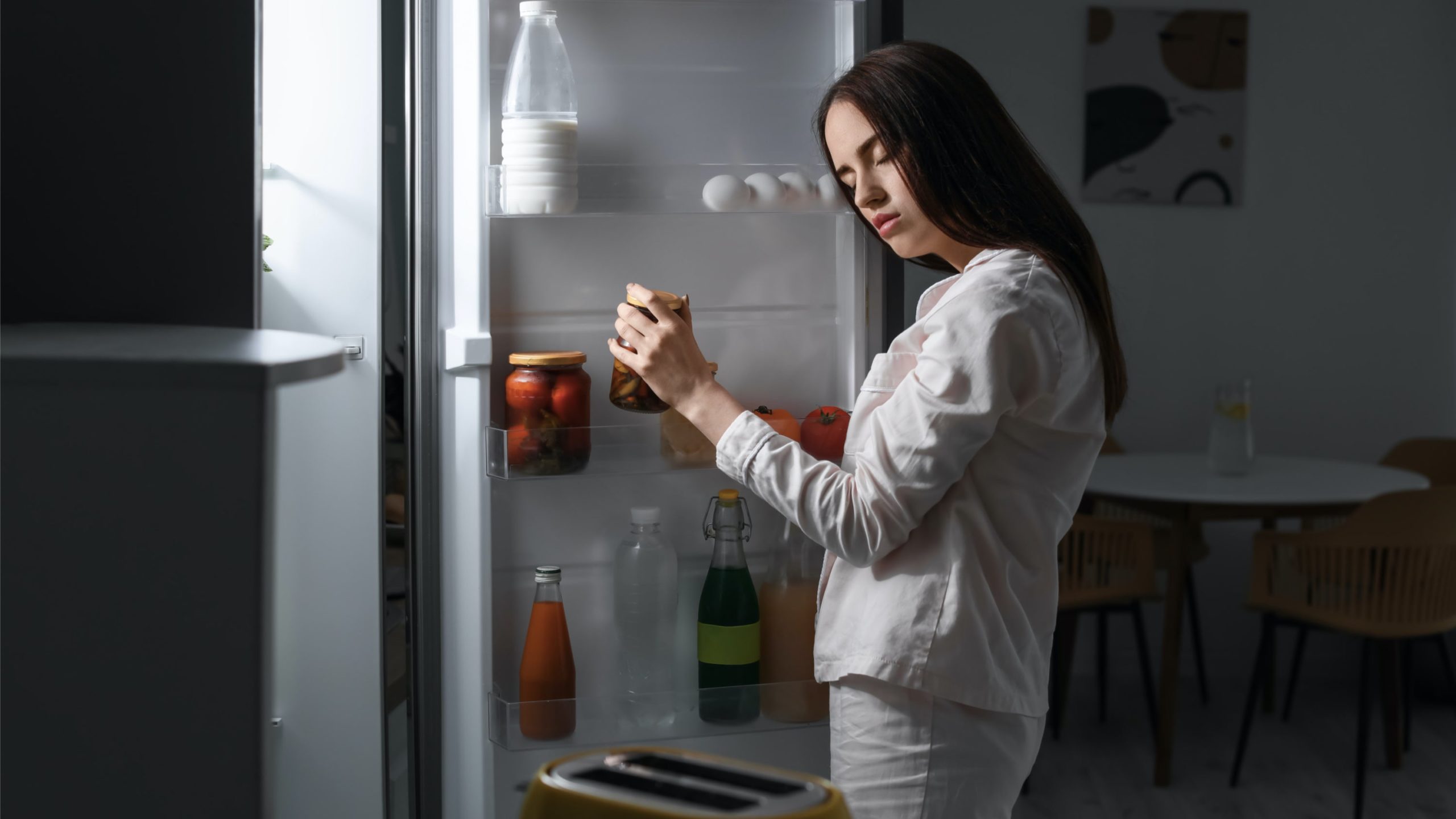
Sleepwalking isn’t dangerous in and of itself, and waking up a sleepwalker isn’t deadly or inherently problematic. That doesn’t mean it’s a good idea: sleepwalkers are often in a strange state of mind and it can be somewhere between difficult and impossible to fully wake them up. If you do manage to wake them up, they might be confused, embarrassed, or angry. So if you have the option, it’s wisest to simply guide them back to bed.
Myth: You need a good night’s sleep before a big event
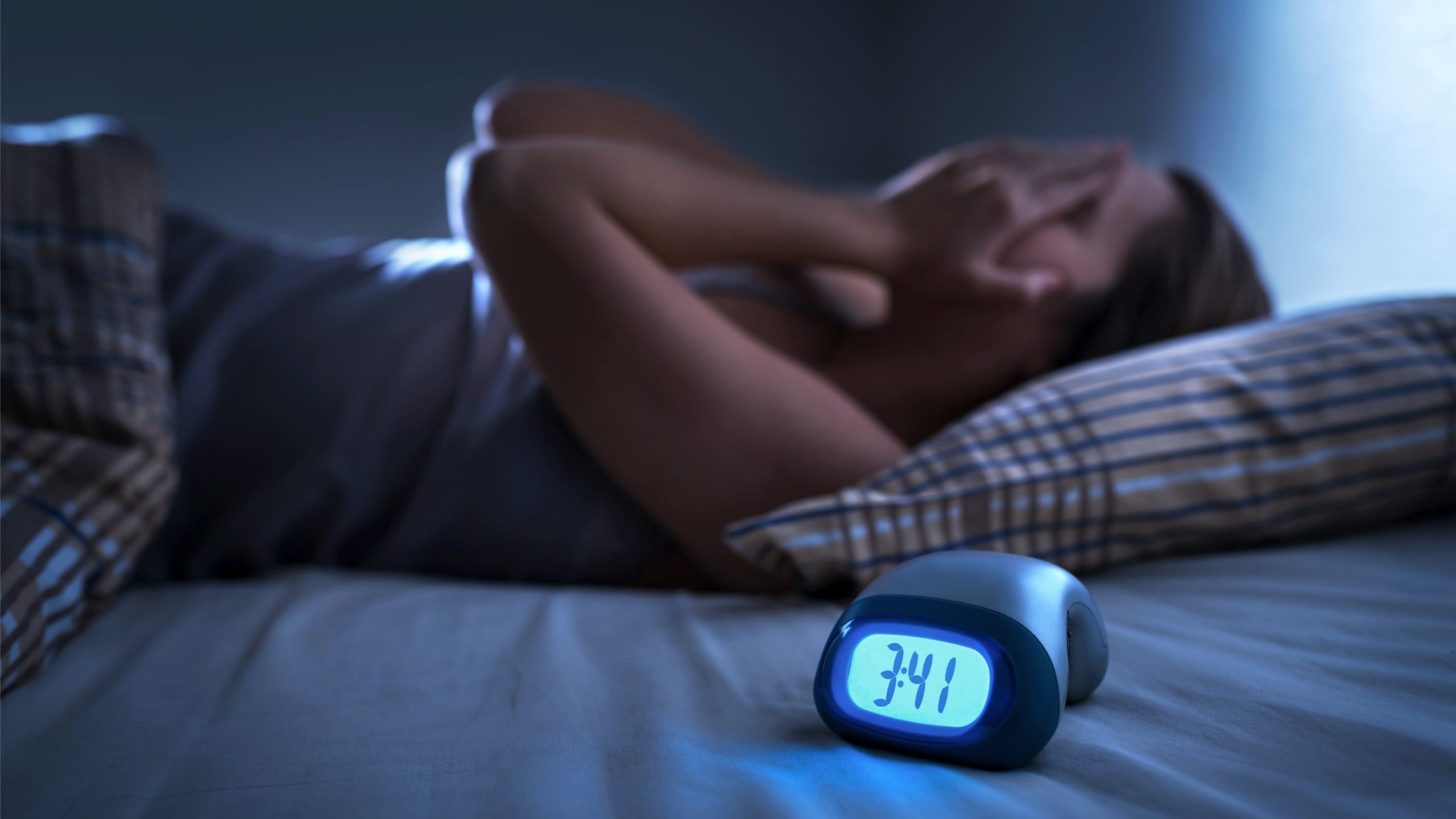
Look, ideally you would get a good night’s sleep before that important test, or race, or presentation at work. But sometimes you’re too excited or nervous to sleep. Good news: a bad night of sleep only has a small effect on your physical and metal performance, and the effect might not be noticeable at all if you were well-slept before that one rough night.
Myth: You can stay awake while driving by…
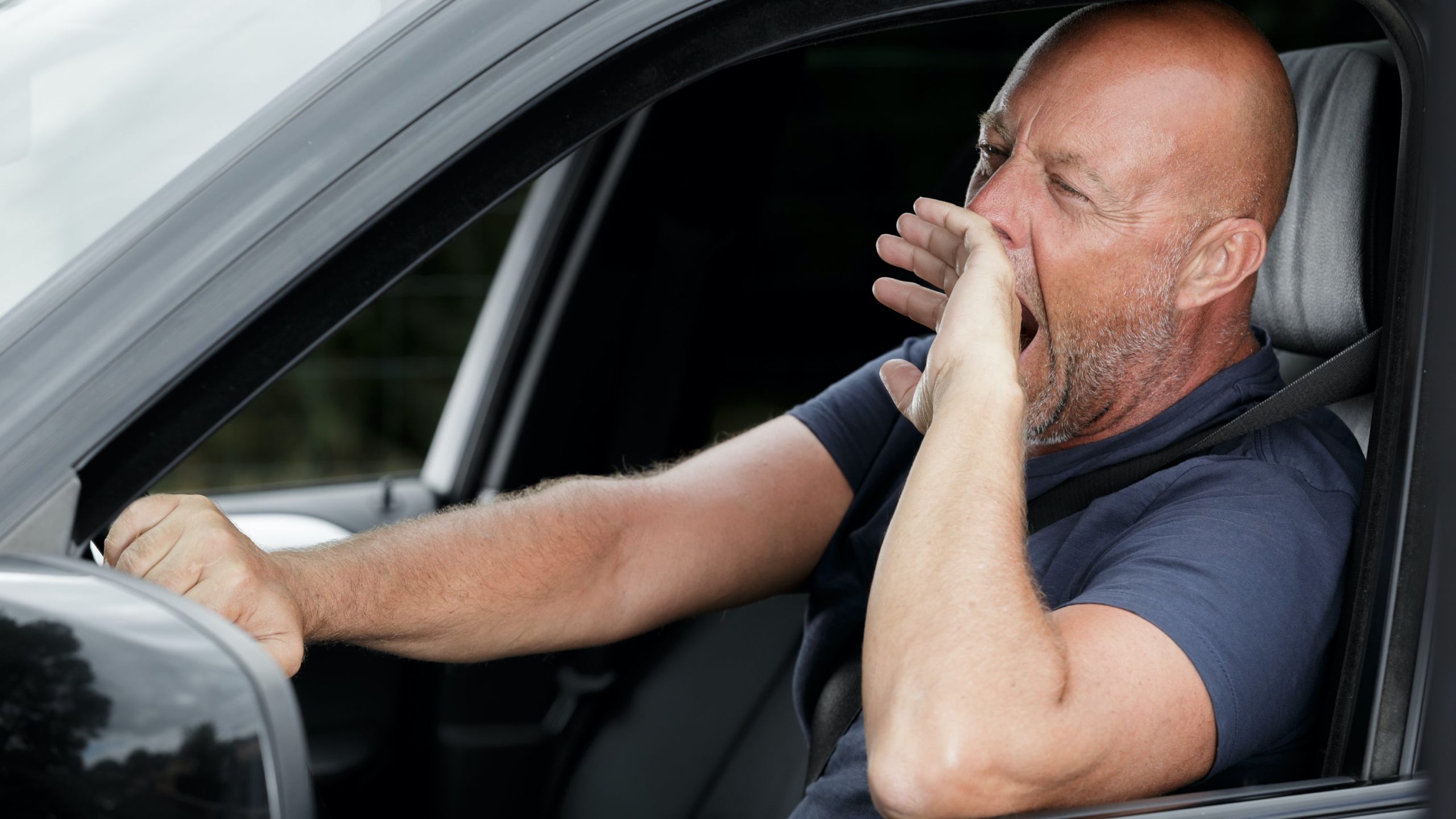
How do you stay awake while driving late at night? Blast the air conditioner? Turn up the music? Eat peppermint candy?
Trick question. If you’re sleepy enough that you’re looking for the best hack to stay awake, you are too sleepy to drive. The Sleep Foundation notes, “If you’re feeling tired while driving, the best and safest thing to do is pull off the road and into a safe area where you can nap for 15-30 minutes or simply stop for the night.” If you’re only a little bit tired, you can drink a big coffee and take a power nap while you wait for it to kick in. Otherwise, it’s time to hit the hay for real.
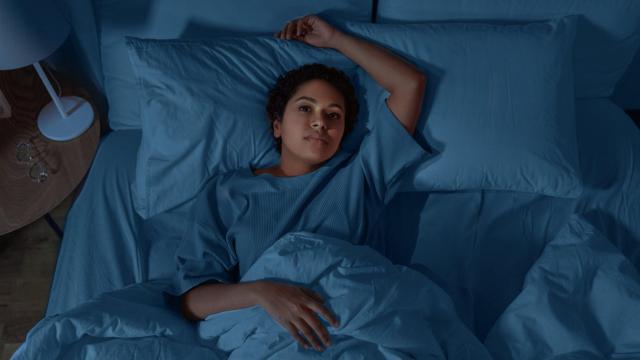
Leave a Reply
You must be logged in to post a comment.